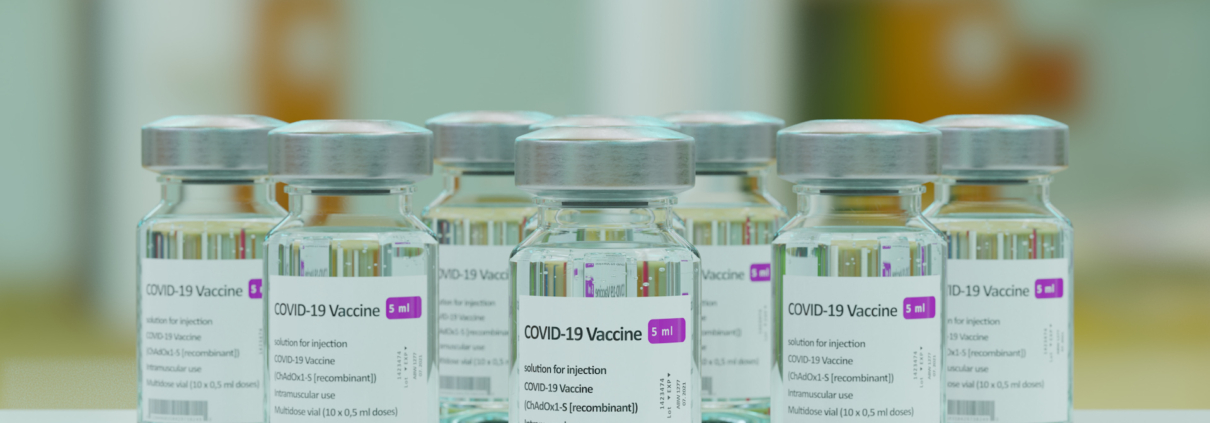On May 5 2021, the Biden administration took an essential step in the fight against Covid-19. After months of hesitation, amidst continuous calls from developing nations, the presidency supported waving intellectual property protection rights (establishing patents) for coronavirus vaccines.
To understand the importance of this decision, we will have to understand a phrase repeatedly called out in the media – Vaccine Apartheid.
A handful of Vaccine Developers
Most developed nations are racing to inoculate their population against COVID-19, using up the limited supply by a handful of manufacturers. This has led to poorer countries and many developing nations finding themselves lagging, in getting their share of COVID-19 vaccines. That’s ‘Vaccine Apartheid’ – whereby countries in the Global South remain months, if not years, behind the countries in the West.
To this effect, last year, India and South Africa jointly submitted a proposal to the World Trade Organization (WTO). It outlined a request to suspend Trade-Related Intellectual Property Rights (TRIPS) rules on Covid-19 vaccines and treatments, so as to boost manufacturing capacity. This proposal is now cosponsored by 60 nations, and backed by over 100 countries. It is this proposal that the Biden administration has finally shown support for.
While the suggestion is still under consideration, it’s a vital step forward. By sharing manufacturing protocols of viable vaccines, other countries can kickstart their own supply, to curb the spread of this virus. Yes, creating these vaccines is complicated, but knowledge sharing and timely support can help most countries rapidly climb the curve.
Moving beyond vaccine apartheid
As per Our World in Data, the USA has fully vaccinated about 37% of its population. But in South Africa, only 0.8% of the population has had, what’s increasingly looking like, the privilege of getting both vaccine shots. The vast discrepancy is just one example of a nation struggling to battle a more potent variant of the virus.
Indeed, it’s understandable that the effects of the pandemic have been brutal on the developed nations. But the reality is also that the virus has been devastating on countries with fragile health care systems, and struggling economies. By coming forward and sharing vaccine development protocols, developed countries can finally give a lifeline to these nations.
In the end, if left unchecked, COVID-19 will continue to devastate humanity. It will trail through the poorest nations and ultimately circulate back throughout the world. If we continue to leave large masses of the population unvaccinated, then as research has shown, and India is the evidence, we will again see more widespread transmission of the virus.
With time more mutations will rise, one that could be stronger and more virulent. Since we have no guarantees that existing vaccines will defend us against them, we will again start a vicious cycle.
A tragedy for one is a tragedy for everyone
As new strains gain ground, any progress we would have made would be rolled back.
The United Nations has launched the COVAX initiative, targeting vaccine equality. The aim is to give lower income countries financial support and equal access to a vaccine, once available. But when many are still awaiting their first dose, the anticipated time to get their share might seem too long. The path forward is to increase manufacturing.
India and South Africa are to go back to the drawing board to revise the original plan. The idea is to create a version of the text, which keeps the interest of the big pharma, and those of developing nations, in mind.
But having said that, there is no doubt; putting this pandemic behind us would mean that the world will have to put a united front. Like many have said, when it comes to infectious disease, “No one Is safe until everyone is safe”.



